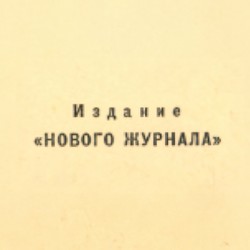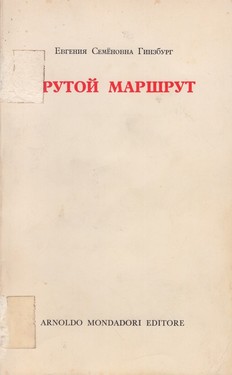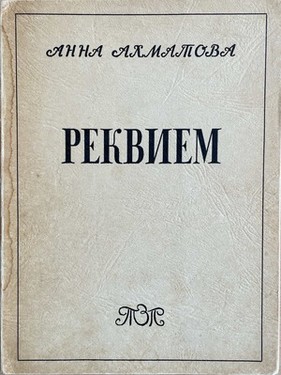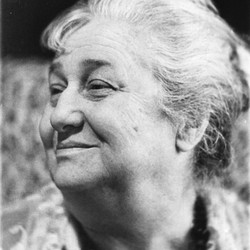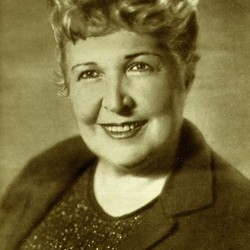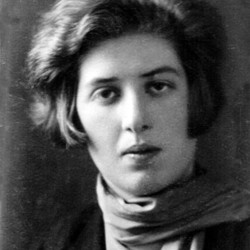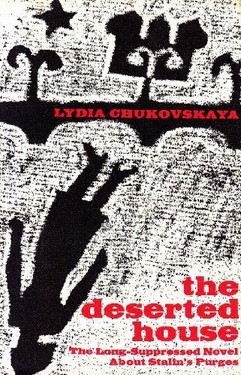This povest' deals with one of the blackest periods in Soviet history, the mid-1930’s. It belongs to the same type of literature as the Requiem by Anna Axmatova, Journey Into the Whirlwind by Evgenija Ginzburg, and Sandstorm by Galina Serebrjakova. All these works were published in the West without the official consent of their authors. The Deserted House, however, differs from all three in not being autobiographical, and it differs from the books of Ginzburg and Serebrjakova in dealing with the impact of the purges outside prisons and camps and in having been written as early as 1939-1940 under the fresh impressions of the events it depicts. Written by the daughter of the liberal Kornej Cukovskij, The Deserted House is less politically oriented than Journey Into the Whirlwind or Sandstorm, both of which were written by dedicated Communists. It is in those features in which The Deserted House differs from the books of Ginzburg and Serebrjakova that it resembles Axmatova’s Requiem, this unique poetic evocation of the grief of a mother who spent seventeen months standing in prison lines trying to obtain information about her arrested son. The title The Deserted House (Opustelyj dom) may have been borrowed from Axmatova. It is identical with the concluding words of "Prigovor" (The Sentence), the central poem of the Requiem.
In Cukovskaja's novel the "house" is actually a one-room apartment occupied by Ol'ga Petrovna Lipatova, a doctor's widow and the supervisor of a typing pool in a Leningrad publishing house, and her son Kolja, an engineering student, an enthusiastic member of the Komsomol, and a budding inventor, who even on one occasion received a favorable notice in Pravda. The apartment becomes "deserted" after Kolja, who had been sent to the Urals to alleviate the shortage of engineers, has been arrested on false charges of belonging to a terrorist organization and brought back to Leningrad. Though Kolja is sentenced to ten years in remote camps and deported, his grief-stricken mother still hopes for his immediate release. At times her mind becomes befuddled and she tells people that he is already on his way home. In a secretly delivered letter Kolja discloses that he was beaten into confessing his fictitious crimes and asks his mother to submit an appeal at once, since he will not survive much longer in the camp. Apart from its being useless, the appeal would only remind the authorities that they forgot to deport Ol'ga Petrovna as the mother of an enemy of the people. In fear and resignation she burns Kolja's letter.
Numerous details of everyday life combine in The Deserted House to recreate the repulsive atmosphere of repression filled with malice, cruelty, and lies. But one also encounters examples of loyalty, sympathy, and courage. There is a character, Alik Finkel'stejn, who refuses to disassociate himself from his imprisoned friend Kolja. Alik is expelled from the Komsomol, dismissed from his work, and ultimately arrested.
Ol'ga Petrovna does not turn away, as was usually the case, from her friends in need. She speaks to a woman whose husband was arrested, and she publicly defends a girl who was branded as a counterrevolutionary because of a typing error.
It is the inherent decency of the naive and apolitical Ol'ga Petrovna that makes it impossible for her to imagine that a regime can be so morally corrupt and inhumane as to engage in the mass extermination of human beings. She would rather believe that all purge victims, except her own son, were actually guilty of some offense. Only fear proved to be strong enough to suppress the voice of conscience in Ol’ga Petrovna, and at the end she does not dare to help either Alik or even Kolja.
At least two versions of The Deserted House reached the West. One was printed in Paris by the Librairie des Cinq Continents in 1965, and the other appeared in Novyj Zurnal (Nos. 83 and 84 [1966]) under the title Sofja Petrovna. The "Paris" version, judging from various changes and improvements, is the more recent one. The novel's title, the first name of its heroine, and the names of several characters have been changed. The change of the names of three NKVD men is quite indicative. The neutral surnames Fedorov and Panteleev are replaced by Dubinin and Rudnev that tend to suggest raw power and brutality. The name Rudnev is extended to include the investigator Ershov who tortured Kolja. At the same time, this last change serves to point out a close cooperation between the prosecutors and investigators.
The English translation was made from the "Paris" edition and, fortunately, by an expert. I found no misreadings of the original text and no infelicities in translation. The misspelling of the word Celjuskin (pp. 41, 43) and a single case of use of "investigation" instead of "trial" (p. 64) are simply oversights.
The Deserted House is written in a clear, idiomatic, but impersonal language. The author was obviously not concerned with verbal wizardry. What she sought to achieve she has stated in Tolstoj's words which were added as an epigraph to the "Paris" version: "The hero of my story, whom I love with all my heart, whom I have tried to recreate in all his beauty, and who was, is, and will forever be beautiful is truth." And it is the truth that Lidija Cukovskaja has told.
Herman Ermolaev, Princeton University



